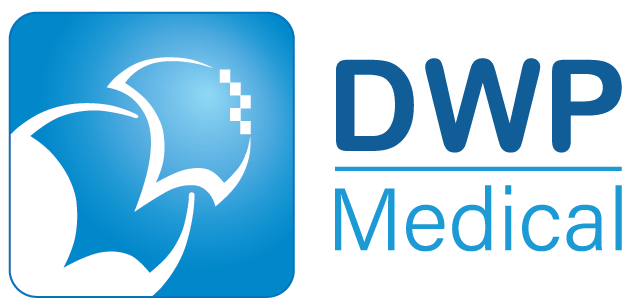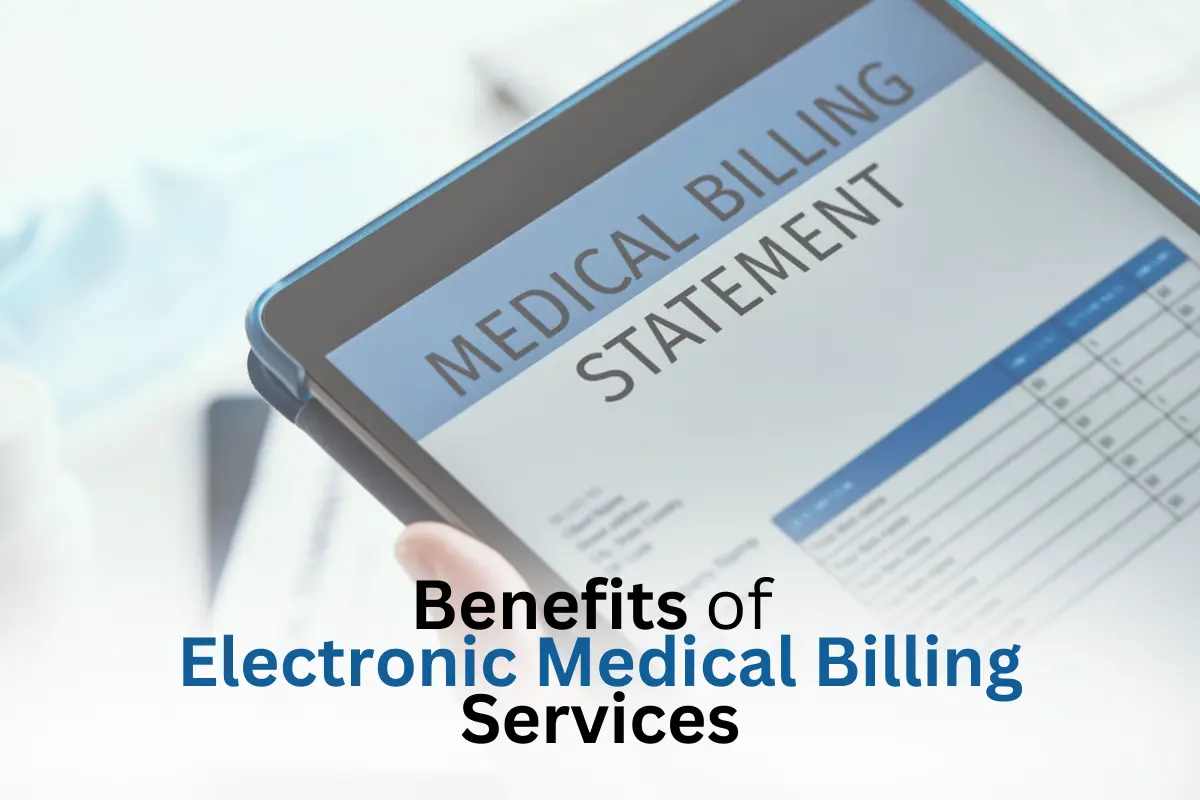Healthcare consumers have to face many challenges and expectations to make sure that the health care facilities offer excellent care, as well as in billing and insurance claims. Medical billing services affect this landscape through efficient, accurate, and faster techniques for dealing with insurance electronically.
Using paper medical billing systems is slower and contains more errors than computerized or digital ones. To the providers, this implies providers being able to spend more time with the patients rather than being immersed in working on paperwork.
Find out how electronic billing works, benefits the processes of medical practices, and improves patients’ satisfaction and revenue.
What is Electronic Medical Billing?
Electronic medical billing is the act of filing, monitoring, and transacting medical bills through electronic methods. It also eliminates conventional paperwork that includes paper-based patient billing and insurance claims.
This system uses dedicated software to navigate this process and help pass the claims to insurance providers more accurately. An electronic billing system, therefore, allows the person providing the health care to have a handle on the billings and reduce instances of having to do them many times, hence losing time.
Electronic Medical Billing vs Paper Billing
Electronic medical billing comes with immense advantages over paper billing, making it advantageous for all medical billing service providers.
In traditional paper billing, medical staff spend much time and effort writing and entering patient details on billing forms and then filing the documents. This manual process is tiresome, demands a lot of time, and exposes itself to many errors. It can also lead to missed payments in some cases or inconvenience when papers get misplaced. And it strains the workflow of an organization and specific healthcare providers.
EMB, on the other hand, supports the automation of most of these processes. Doctors and other staff members are able to enter information, confirm patient information, and directly file claims electronically. Precise because workflow automation means that such errors have limited chances to occur in the first place as required checks and verification requests are built into the system, with staff being notified of issues that may have gone unnoticed otherwise before the claims are processed.
Besides, it may also be observed that electronic medical billing submissions get to desired insurance companies more rapidly than mailing time occasions, which causes delays in claim processing. This faster submission also improves the cash flow of healthcare providers’ firms since they can receive payments more frequently.
Benefits of Medical Billing Services
Doctors and hospitals now depend on electronic medical billing to manage all their billing, coding and insurance requests more easily. Providers who use digital tools rather than manual ones find their efficiency, accuracy and finances all improving considerably.
Let’s look at the main advantages of using electronic medical billing.
1. Better Accuracy And Less Error
Automating the billing process greatly lowers the chance of mistakes humans make. Before you can submit your claim, automated tools identify gaps in your information, any errors with codes and poor formatting. As a result, chances for inaccurate payments or refusals are reduced because the process follows all payer regulations.
2. Quick Claim Handling
Using electronic submission helps billing happen much faster. It used to take many days or weeks to ship and look over claims, but it’s now possible to submit and process them in hours. Fast processing speeds up the payment process and improves how much money healthcare providers keep.
3. More Reliable and Compliant Data Protection
It is very important to look after patient data in healthcare. The development of electronic billing systems includes powerful security methods such as encryption, secure login and data backup. Because of these features, health information is safeguarded and the company follows all the necessary regulations.
4. Real-Time Observing and Recording
Electronic billing helps healthcare providers watch claim progress and produce instant reports. With Passport, providers are able to track overdue claims, look at summary reports on how much they’ve earned and evaluate performance statistics. Being able to see what’s going on supports practices in improving their revenue cycle management.
5. Easier Work With Better Results
Automating how you send bills relieves staff from a lot of paperwork. Resolving data entry, following up and entering the same claim a second time now takes much less effort with automation. This way, employees can concentrate more on helping patients and important chores.
6. Cost Savings
At the start, it costs to get an electronic billing system up and running, but this expenditure is more than compensated by major cost reductions over the years. Using practices means companies don’t spend extra on paper, printing, sending mail or storing it. In addition, making billing simpler and payments faster means better financial efficiency.
7. Insurance Eligibility Check
It only takes a moment to use electronic systems to assess a patient’s insurance coverage before treatment is given. Doing this avoids problems with bills, reduces rejected claims and ensures patients learn about what they need to pay ahead of time.
8. Improved Healthcare for the Patient
Because of electronic billing, patients can expect both faster resolution of claims and easily understood bills. On top of that, many systems provide online payment systems for customers to pay their bills quickly and with greater security. Because it’s so easy, patients are more content and tend to make payments on time.
9. Easy to Scale and Works with Other Software
They are made to support your practice as it grows larger. No matter if you practice alone or are part of a large group, these systems can cope with growing numbers of patients. Laboratory information systems work naturally with EMRs and practice management tools which makes everything happening digitally much more streamlined.
10. Less Numbers of Claim Denials
If you clean and complete your denial claims before sending them electronically, you greatly decrease the likelihood of rejections. Most platforms automatically help detect and solve issues in the claim process at the start of billing.
11. Stricter Observance of Industry Rules
New changes in coding, payer policies and rules are regularly integrated into electronic billing software. With current information, healthcare providers can complete transactions on time and change procedures or policies as needed.
Select DWP Medical for Electronic Medical Billing
DWP Medical is a reliable and accurate EMR billing service provider that does the job right the first time. Their team, employing today’s technological tools and industry proficiency, reduces your billing cycle time and enhances accuracy.
At DWP Medical, you are assured of a team that is well acquainted with the different aspects of billing in the healthcare industry and current on code revisions. It makes sense that DWP Medical, as a specialist provider of medical billing services, does the heavy lifting for you so you can prioritize delivering quality care.
Select DWP Medical for the betterment of your practiced area and its services. It improves the satisfaction of patients and the financial benefit you and your practice require.
Final Thoughts
Electronic medical billing services are the best solution for the healthcare provider. It brings efficiency in operation, accuracy in the work, and sound financial management. Computerizing practices eliminate paperwork and delays. It also promotes compliance with the processes and allows practices to concentrate more time attending to their clients.
Besides making payments faster, this technology also increases the data protection level and gives the ability to analyze the company’s performance.
All in all, in the current environment within the healthcare industry, electronic billing services have become necessary. It helps the healthcare providers who wish to succeed.


